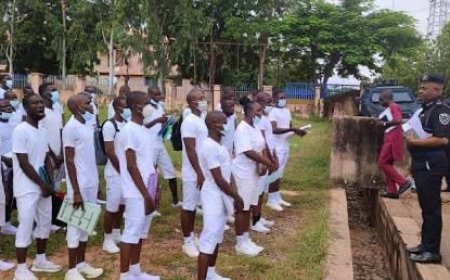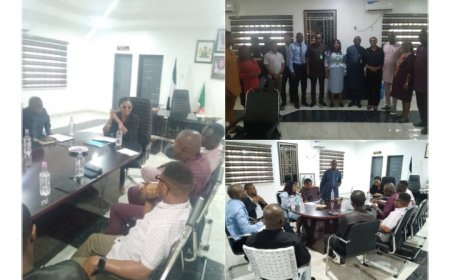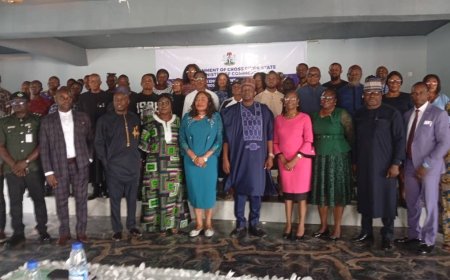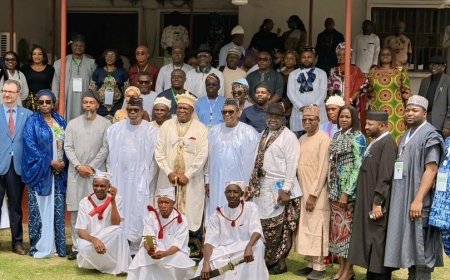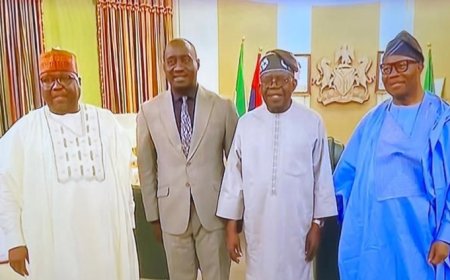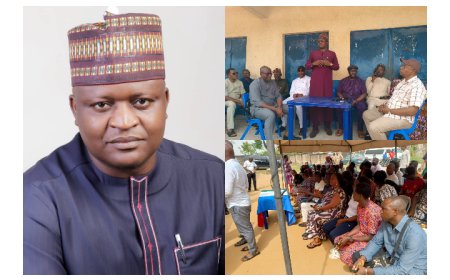FG Vows To Prevent ASUU Strike

The Minister of Education, Olatunji Alausa, has assured that the Federal Government will ensure Nigerian children remain in school, dismissing concerns about potential strikes by the Academic Staff Union of Universities.
“We will keep our children in school,” Alausa said in an interview with journalists on the sidelines of the Gender Inclusion Summit organized by the Policy Innovation Centre organised by the Policy Innovation Centre on Wednesday in Abuja.
Alausa’s assurance comes amid ongoing talks between the government and ASUU over the non-implementation of the 2009 ASUU-FGN Agreement, which includes sustainable funding of Nigerian universities, revitalisation of the university system, payment of outstanding 25–35 per cent salary arrears, stagnated promotions for over four years, unremitted third-party deductions, and victimisation of colleagues in some institutions.
The 2009 agreement was the last signed deal between the Federal Government and ASUU.
“I will tell you, we are engaging; I told you we will deal with ASUU and other trade unions with the highest level of mutual respect.
“We will continue to talk to them. I don’t want to come on TV to start talking about private conversations with them, but what I can assure you is that ASUU will not go on strike; we will keep our children in school. This is a responsible government, and we will ensure that our children stay in school.
The minister also highlighted the government’s efforts to improve the education sector, including the migration of West African Examinations Council and National Examinations Council exams to computer-based testing.
According to Alausa, this move aims to reduce examination malpractices and improve the quality of education.
“We believe that computer-based testing is one of the starting points to reduce examination malpractices in our country.
“We need to use technology, we need to migrate our exams, WAEC and NECO, to computer-based. There was a lot of pushback. But then, we believe that is how we can; that’s one of the starting points to reduce examination malpractices in our country.
“And let me tell you the danger of examination malpractices, you would disincentivise the hardworking students. And we have many more hardworking students than the fewer ones that are cheating. And that’s why we have moved quickly to implement the computer-based testing in WAEC and NECO,” the minister said.
Alausa expressed delight that the WAEC exam will be conducted via computer-based testing in November, with essay sections remaining paper-based.
“And by next year, both the objectives and the papers and the essays will all be CBT,” he said. “As you do this, you’ll get the kids to study more, their cognition will get better, and they will be able to, the quality of their learning, of their preparation for exams will be higher, and they’ll be able to do better in life, make better life decisions, navigate their lives better.
SOURCE: PUNCH

